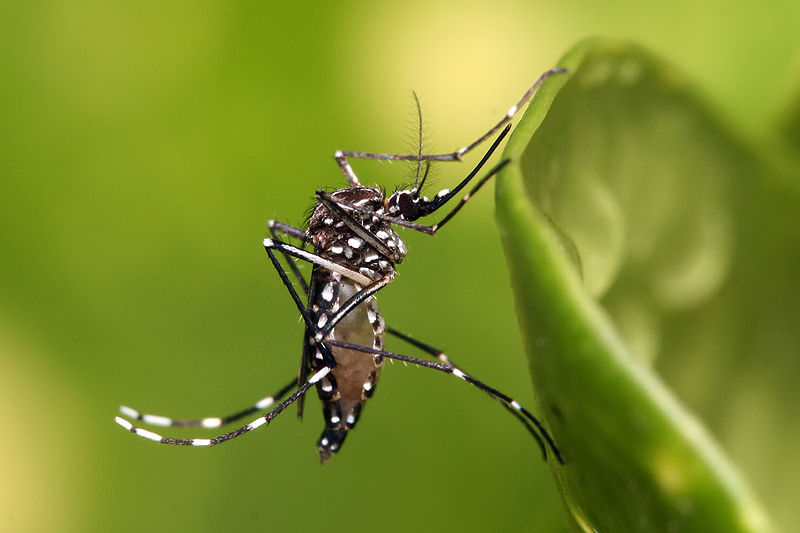Can GM mosquitoes rid the world of a major killer?
July 16, 2012 | Source: The Guardian
Dengue fever, borne by mosquitoes, kills around 20,000 people a year. Oxford-based scientists think they can solve the problem by disrupting breeding in high-risk areas with genetically modified insects. But is that safe?
The mosquitoes developed and raised at the laboratories of Oxitec, a British biotech company based near Didcot, have already infiltrated wild populations in Brazil, Malaysia and the Cayman Islands, and will soon be unleashed in Panama and India.
The company hopes that it will reduce populations of disease-carrying mosquitoes by 80% but public opposition to anything “genetically modified” remains a significant obstacle to the possibility of saving thousands of lives.
Mosquito-borne diseases are one of the major barriers preventing economic progress in the developing world. According to the World Health Organisation, 200 million people were victims of malaria in 2010 and 655,000, mostly children, died from it. Dengue fever is believed to affect 50-100 million people per year and results in around 20,000 deaths.
The company, which emerged from Oxford University in 2002, is primarily focused on dengue fever, which can cause excruciating pain and death, and the Aedes aegypti mosquito, which carries it.
Oxitec’s chief scientific officer, Luke Alphey, came up with an alternative to sterilized male insects: he produced mosquitoes that were engineered to need an antibiotic, tetracycline, to develop beyond larval stage. The altered males are fed tetracycline in the lab and then introduced into the wild ,where they mate with wild females. The offspring need tetracycline to develop but cannot find it and so die. Only males are introduced into the environment and in a few days both they and their offspring are dead.
The company, Oxford Insect Technologies, believes its technique is effective, cheap and far less damaging to the environment than the use of pesticides but its problem is the phrase “genetically modified” and the kneejerk fears it engenders.
Unlike GM crops, Oxitec’s mosquitoes are not designed to spread their genes down the line or to other species. “We are not putting an advantage into these mosquitoes; we are putting in a disadvantage, sterility, which is the biggest disadvantage you can have,” says Parry. “You are not spreading your gene down generations because each one is sterile — it dies out. They do not out cross and mate with other species. So you are not spreading your gene laterally or downward.”
Dr. Helen Wallace, the director of GeneWatch, says she has several problems with Oxitec’s findings from its trials. One major issue, she says, is the occurrence of the tetracycline — the antibiotic that the young mosquitoes need to survive — in livestock and meat. Theoretically, if a female mosquito, daughter to a modified one, bit meat or an animal that contained tetracycline, she could survive. Oxitec says that the chance of this happening is very slim and in its most recent trial in the Caymans, it did not find a single mosquito that had survived.
Wallace believes that existing control methods could be just as effective as releasing genetically modified insects and points out there are other innovations on the horizon which could be even more successful.
Other critics have accused Oxitec of a lack of transparency. Earlier this year, scientists at the Max Planck Institute for Evolutionary Biology in Germany examined information regarding the release of modified insects into the environment in Malaysia and Grand Cayman, which were carried out by Oxitec. The scientists’ findings suggest that there are “deficits in the scientific quality of regulatory documents and a general absence of accurate experimental descriptions available before releases start”.

